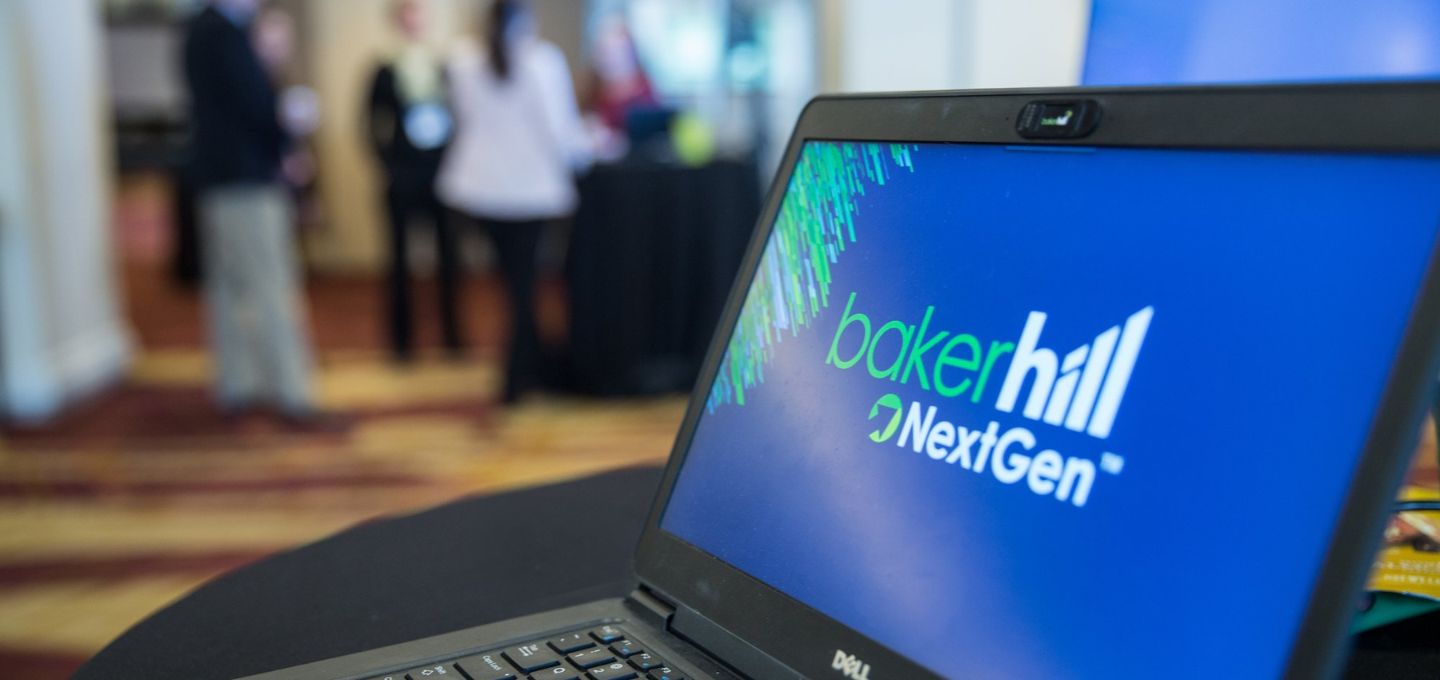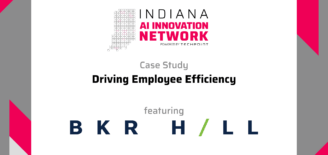AIs Assist: What ChatGPT Could Mean for Banking
Financial institutions are no strangers to cutting-edge technologies and how the latest advancements can disrupt banking’s status quo— from customer service to compliance. Artificial intelligence (AI) is just one example of this, and it’s already presenting significant opportunities for the banking industry. With the rise of AI, banks can now leverage generative language tools like ChatGPT to improve productivity, automate processes, enhance the customer experience, and much more.
Tools like ChatGPT are versatile and can be applied to several areas within a bank, helping financial institutions with everything from enhancing customer service by offering real-time support via chat, to improving fraud detection by analyzing transaction data, to automating customer onboarding.
Financial services and other industries have quickly recognized the potential of the technology. ChatGPT had 1 million users within the first five days of launching and 100 million users in just a few months. Given its rapid adoption, ChatGPT is forecasted to generate $200 million in revenue by the end of 2023 and a large portion of the platform’s earnings are from sales of its API.
So, what does this mean for the banking industry and forward-thinking financial institutions that may want to leverage the power of AI? Today’s blog will explore a few ways banks can apply tools like ChatGPT to their operations.
Product Recommendations & Cross-Selling
Customers love to feel like they are taken care of individually. Personalization is a key marketing strategy across all industries. In fact, “personalization” is no longer the terminology that marketing strategists use. Now it’s “hyper-personalization”— emphasizing the need to drill down and address the unique, individual needs of each customer.
ChatGPT’s ability to analyze vast amounts of data can help banks deliver hyper-personalized services to their customers. A bank could potentially use ChatGPT to analyze a customer’s current products, predict their financial needs and then recommend the next best product for a customer— one that not only fulfills the needs, but one that the customer is also likely to purchase. The tool can even be embedded in a bank’s online and mobile app via API, which would enable it to analyze spending habits, savings and investment goals and other personal financial information, at a more detailed level than a personal financial manager.
Fraud Detection & Prevention
ChatGPT can assist banks with detecting and preventing fraud by detecting anomalies such as sudden large withdrawals or multiple transactions from unusual locations, triggering alerts for potential fraudulent activities at a better and faster rate than fraud prevention technologies do today. One of the reasons ChatGPT is well-suited for fraud prevention applications is because of its ability to analyze huge volumes of transaction data and monitor multiple transactions in real time. The machine learning capabilities of ChatGPT also means it is very effective at learning from fraud patterns over time and using that intel to inform fraud detection moving forward.
It’s All About Automation
Ultimately, tools like ChatGPT can automate many time-consuming tasks and free up bankers’ time for activities that require human interaction, such as nurturing personal relationships with their financial institution’s most important customers.
For instance, banks can use ChatGPT to automate responses to Yelp, Google and other social media reviews, or build chatbots that answer common customer questions such as “What are branch hours?” and schedule appointments with personal bankers or loan officers.
In a similar fashion, ChatGPT can be used to automate the process of onboarding new customers by guiding them through the required paperwork and automatically answering any questions they may have.
For example, a bank could use Chat-GPT to automate the initial steps of the loan application process to make the workflow more efficient. The model can gather necessary details from applicants, perform preliminary checks, and even provide an initial assessment of the applicant’s eligibility, automatically moving them through each step in the process until human intervention is needed, if its needed at all.
Ready for an AI Assist?
However, even with all of its capabilities and potential benefits AI tools like ChatGPT are only as good as the data it receives—the “garbage in, garbage out” axiom holds true, so it is essential to start with good data, and then continue to train the technology.
ChatGPT and other AI technologies present huge potential for banking. To learn more about this topic and how it can positively impact lending functions, be sure to check out our recent podcast episode, “Is ChatGPT Technology You Can Bank On?”
This article originally ran on the Baker Hill blog and is republished on TechPoint Index with permission.



